A warm day here in St. Paul to kick off the weekend. Enjoyed a scooter ride up and into Como Park, a walk through the Japanese garden, and some book reading under park trees. Perfect afternoon.
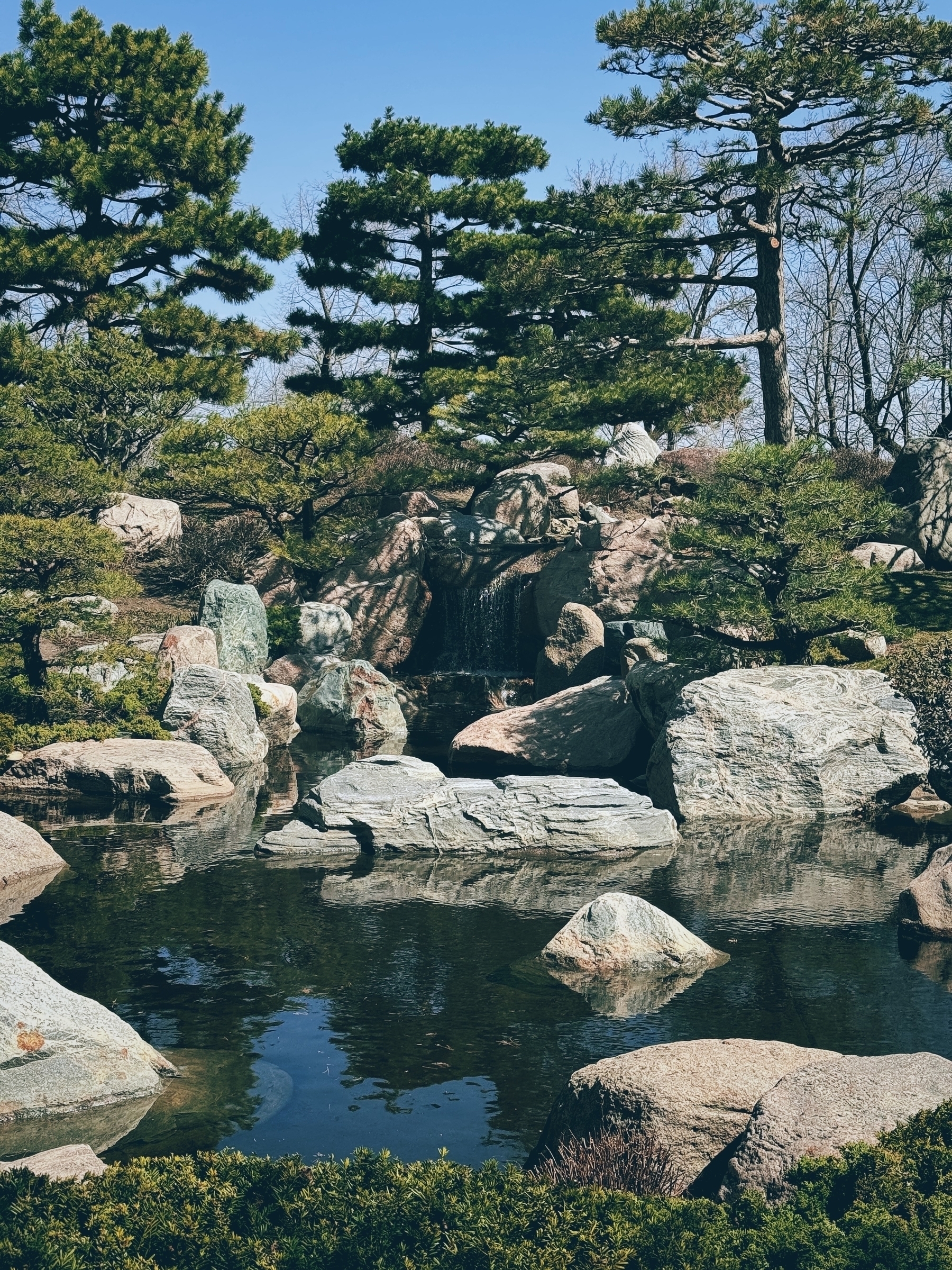
A warm day here in St. Paul to kick off the weekend. Enjoyed a scooter ride up and into Como Park, a walk through the Japanese garden, and some book reading under park trees. Perfect afternoon.

Socks are such a standard attire item that we don’t talk enough about them. But they are some of the the most important things you put on your body (nearly?) everyday, and keep you comfortable during any kind of foot travel.
So let me tell you something — I’ve gone through a lot of different socks and brand over the years, mostly trudging through them with sneakers, fitness shoes, boots, and zero-box shoes. The most comfortable, well-cushioned, and resilient ones I’ve come across (and now use exclusively as a daily driver) are Ministry of Supply’s Atlas Ankle Sock.
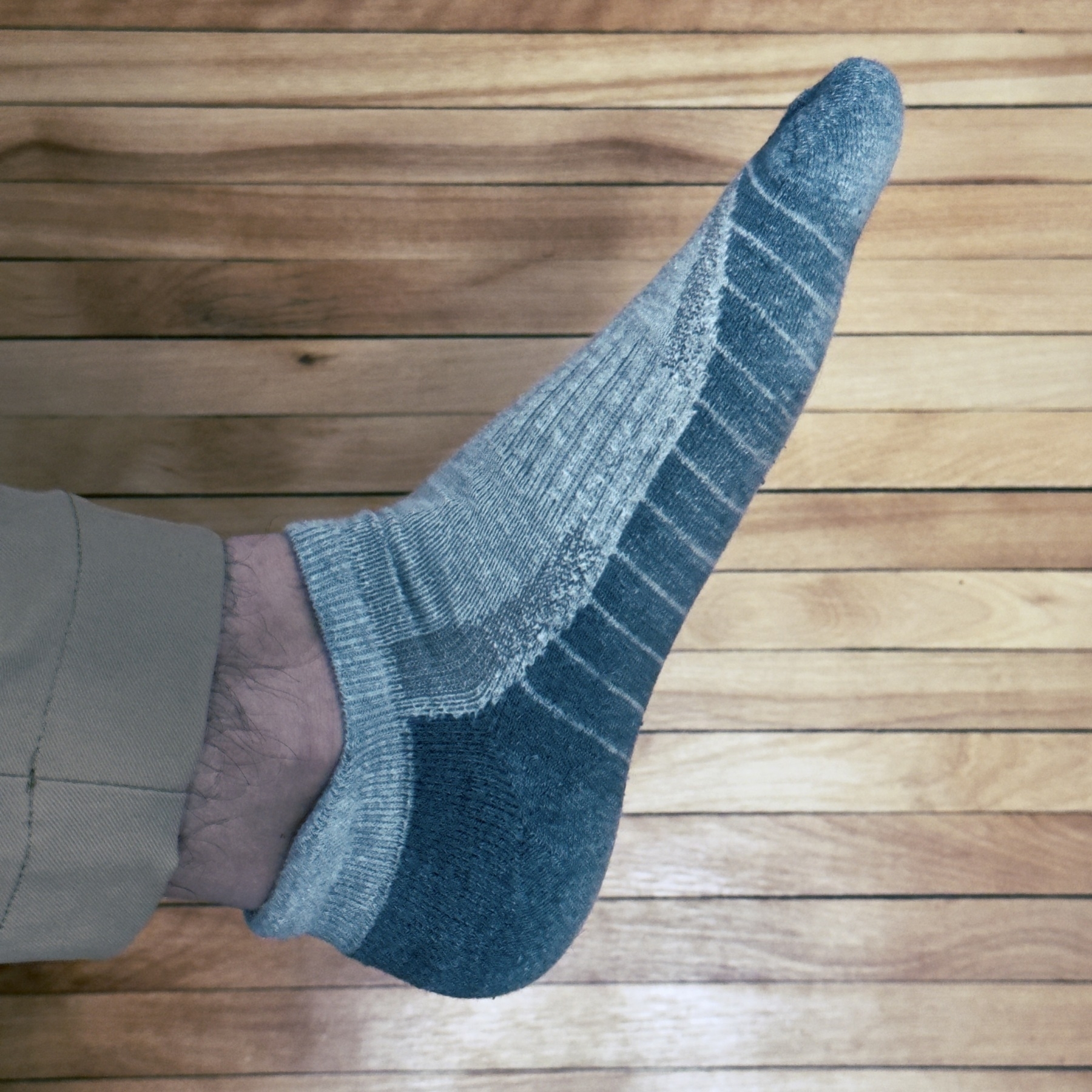
While these probably look fairly basic to the eye, these are extremely well-engineered.
Anyway, this isn’t a paid endorsement by any means, just calling out a great everyday item. I’d imagine these work for any gender, and operate best in non-loafer types of shoes, but your usage may vary.
Jemima Kelly has an invigorating opinion piece pondering where all the admirable, virtuous role models have gone.
As the west has moved away from ethical outlooks that focus on virtue and towards a utilitarianism that emphasises the outcomes of our actions rather than the content of our characters, we are less inclined to look for exemplars of virtuousness to emulate.
Absolutely on point. There’s a generational opportunity to fill the gap here, and it’s something we can all rally in contributing towards.
This is an absolutely bonkers story detailing how a man named Mickey Barreto stayed in the New Yorker hotel for five years, paying just one night’s rate. You know, every once in a while, the NY Times nails a tale like this.
Another notch towards disinformation dystopia… Microsoft researchers warn us (as if we weren’t already concerned) about the dissemination of generative AI into video-based platforms. Honestly, video has always been a concerning format for news — it’s prone to visual biases. This doesn’t help.
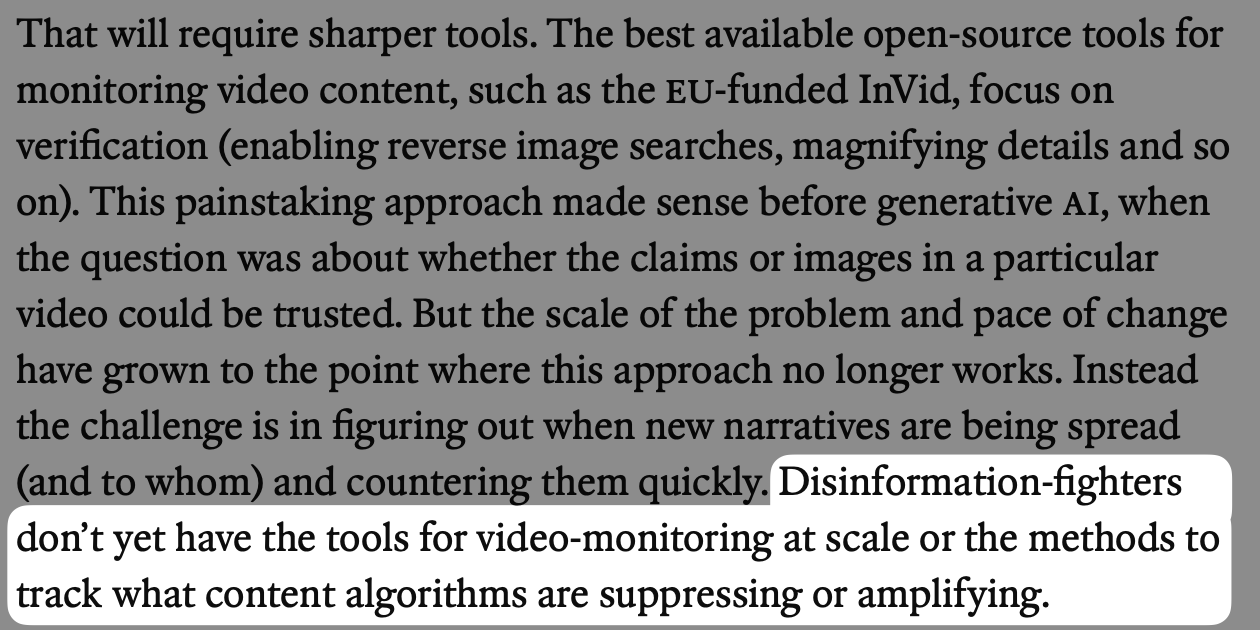
Great piece from Bryan Hansel on unread books:
Unread books are a way to know that we don’t know. It’s being humble. I believe there’s a saying that’s something like this: the more you know, the less you know you know.
Ben Brooks has a well-appointed linked commentary up for a post by HouseFresh, detailing the bankrupt state of “genuine” product review sites. Ben (and I, for that matter), have been writing product reviews for objects of interest for over a decade, and I definitely can say that there are fewer reliable sources to cross-check and research these days.
I recommend the linked-to HouseFresh post, and then Ben’s remarks. All progressive thoughts on this space.
A few take-aways
Another concerning trend — 80% more people are tapping their 401(k) accounts than pre-Covid. This, plus record credit card balances, and an unexpected US inflation rise to 3.2% last month, are problematic. What are all the catalysts? This is feeling like the subprime mortgage crisis all over again.
Truly epic and inspiring achievement from Cole Brauer, the first woman to race non-stop (and complete the entire thing) around the world solo.
Casual, introspective interview with The Zone of Interest’s director, Jonathan Glazers, who I only just now realized has put out four full films during his career. Basically: “cinema should be a radical political space in this day and age.”
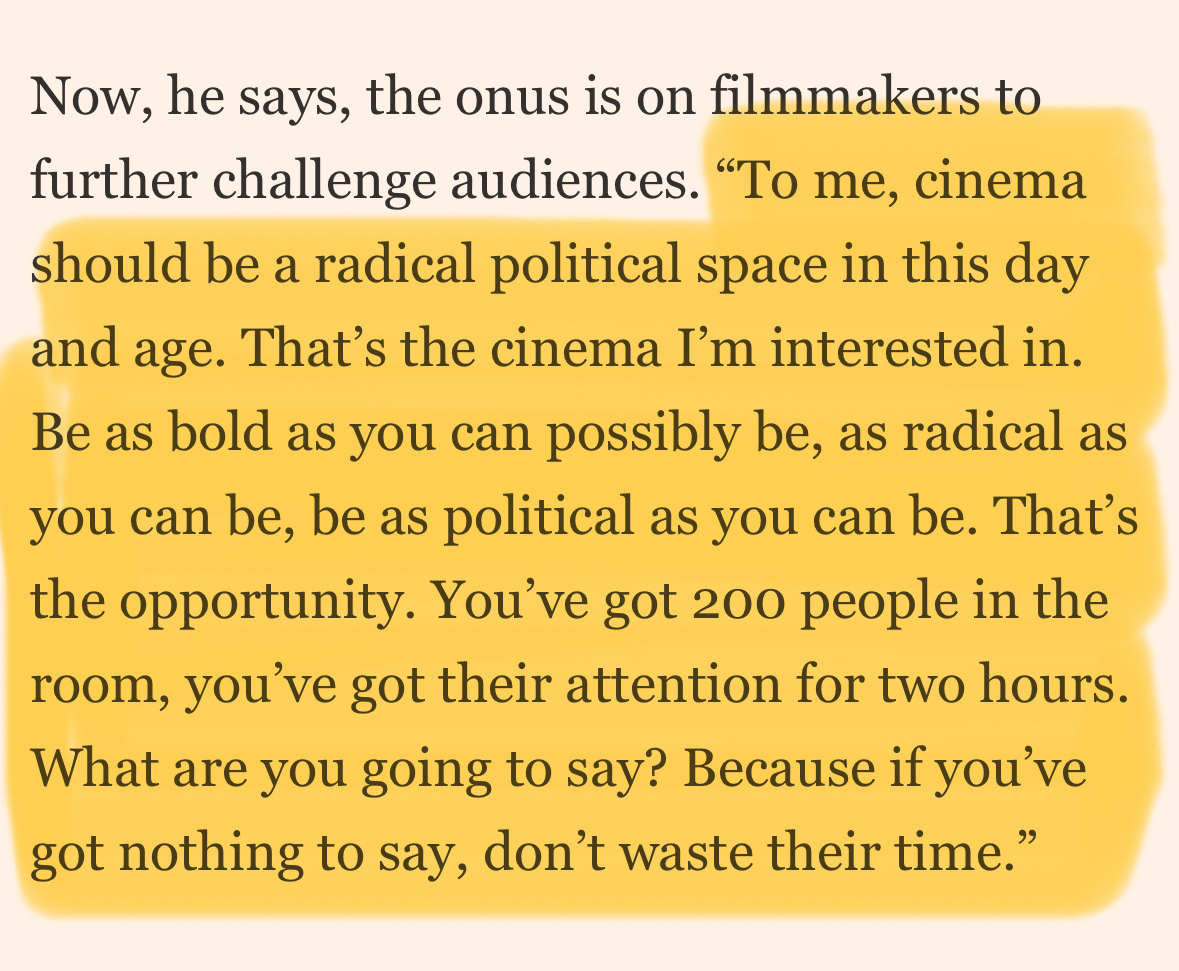
My favorite detail about the Kottke.org redesign is the share button at the bottom of each post is simply a shortcut action to copy the permalink. Chef’s kiss.
Nice piece on the Criterion Collection. I like the details on their approach to streaming:
Criterion made a conscious decision … to use the architecture of streaming technology differently from the way others have. Instead of an algorithm, viewers are guided to what they might want to watch through careful human curation
You could have guessed this would happen… “Ghost Kitchens Are Advertising AI-Generated Food on DoorDash and Grubhub”. Via 404 Media.

Didn’t realize the Honeycrisp apple was such a delicately engineered fruit that many thought was prone to long-term economic failure:
Honeycrisps are an expensive apple to produce because they bruise easily and unlike most varieties, they require two hands to pick, which drives up labor costs.
Axios has a good local write-up on the Minneosta-architected apple today.
One area we’re seeing a lot of commerce sustainability innovation in is apparel. Several companies, both large and small, have have challenged themselves with goalposts for sustainably producing clothing lines, which has also necessitated differentiated fabrics engineering unique to a company.
Lululemon is one such brand on a mission towards the ecosystem of circular fashion, where they have partnered with an environmental technology company to release an enzymatically recycled nylon. Part of the appeal of this is having a malleable, proprietary textile to deploy and reuse across clothing lines while also checking the box on sustainably sourced materials manufacturing to leave a smaller footprint on output and input against the environment.
Apparel companies using technical or plastic-free organic fibers have an advantage in this space. You see a lot of niche companies out there that specialize in merino wools and encouraging regenerative farming practices excelling in this space. For instance, Icebreaker (specializing in plastic-free fibers, focusing on 100% merino wool usage, and seeking a substitution of remaining synthetics with bio-based alternatives) is at the top of its game, and responsibly sources these materials with decade-long supply contracts. Alternatively, some technical apparel companies like the Colorado-based Western Rise still use plastics-based sourcing, but focus specifically on environmentally-friendly recycled polyester, TENCEL™ lyocell, SUPPLEX® nylon, and, naturally, merino wool.
Here’s hoping to see more apparel companies continue in materials innovation and strive for a supply chain more in line with regenerative farming approaches that lead to an emphasis on circular fashion. As the rise in positive interest from customers to purchase more sustainably-minded products and more cautiously approach fast-fashion habits, the companies anchoring the foundation of their ecosystems earlier are going to be significantly better off in the near future.
(Note: This was cross-posted on from my LinkedIn)
Disappointing to hear about these pullbacks from the financial behemoths, but… at the very least they’re “shifting from pressuring companies on climate disclosures to pushing them to actively reduce greenhouse gas emissions”?
It’s mid-February, and we decided to make a drive up to Fargo, North Dakota. We had planned this in advance back in January, but it still feels spontaneous as I write this two days into our sojourn. Mainly because we did this without much of a plan, like most spontaneous adventures ought to strive for. And what does one do in Fargo?
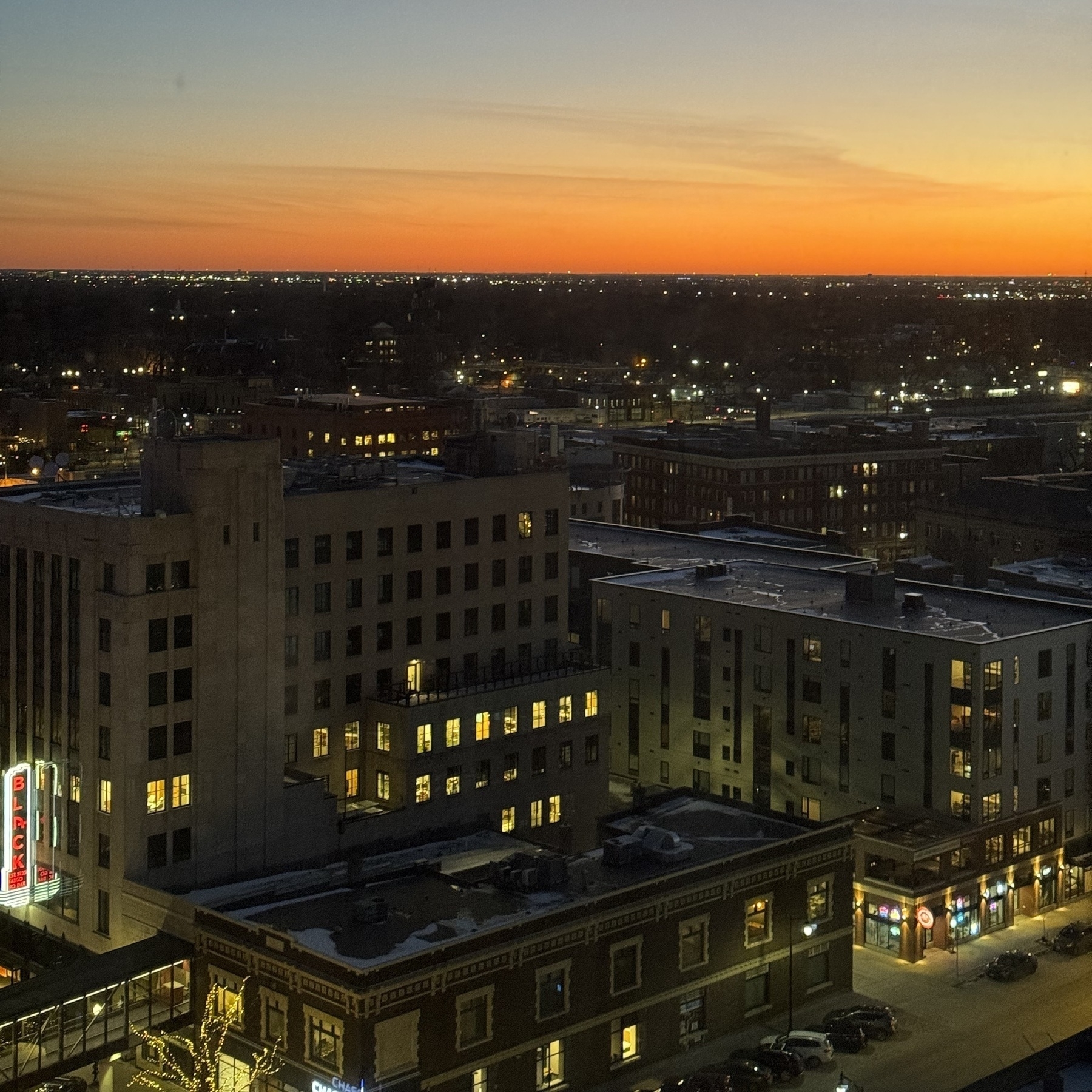 Image of Fargo at Sunset from Jasper Hotel
Image of Fargo at Sunset from Jasper Hotel
Like most trips, we planned to try a few restaurants, a few bars, and a few landmark attractions. I found more notable landmarks on the way up to Fargo than I did in the city itself, whether this is a good thing or an example of my poor research skills for this city... yet to be determined. We found Ole the Viking in Alexandria, MN a nice, 28-foot tall statuesque creation on the bank Lake Agnes. There was also a great little diner there, too (Jan’s Place).
Fargo, though, doesn’t really have anything like this. Instead, its downtown map signage points out three places to take your picture, one of which is a Super Mario Bros. mural residing in an “alley” off Broadway Dr (literally the main drag of downtown). I posed with my dog hovering over the pipe, which was admittedly kind of funny from the right angle. Otherwise, what the city doesn’t tout but should, is a considerable amount of notable neons and legacy signs adorning its buildings, including notable ones like Fargo Linoleum Co, the Fargo theater, Empire Liquors bar, and for the “best gem in the city” (as the barista at Young Blood told us) brunch spot, Bernbaum’s. Notable landmarks, perhaps not, but I do love good signage, and bonus points if it’s neon. Their water tower had some extravagant art as well.
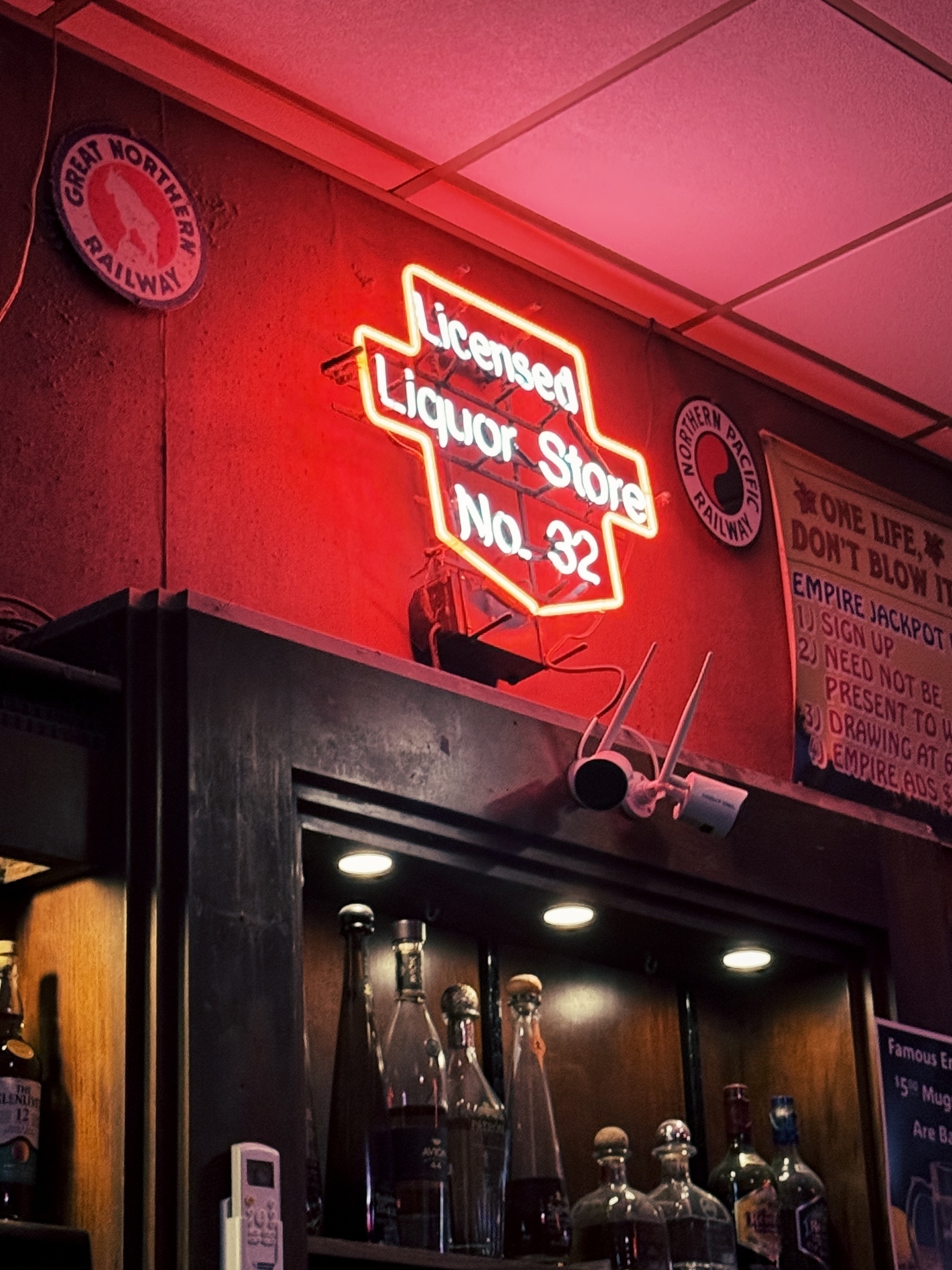 The neon sign inside Empire Liquors Bar
The neon sign inside Empire Liquors Bar
I’ll also note that seeing ‘Fargo’ lettering everywhere has its own kind of gravitas, perhaps because of the cultural associations we impress upon the city (which, I suppose if you sum it up, includes the Coen brothers’ 90s flick, the current FX anthology show, and the erroneously-applied “Minnesota” accent, even though this is North Dakota, which naturally stems from the titular film). This isn’t to marginalize Fargo as merely a poking joke from the vantage of cultural media — it is also an important transportation hub, with Amtrak coursing through it and it seated at the intersection of Interstates 94 and 29. The Air National Guard is there, too. And there is a thematic Nordic undertone to several buildings and naming conventions that we couldn’t quite put our finger on, but I’m sure there’s something there ancestrally. They do have two sister cities (Hamar, Norway and Vimmerby, Sweden).
But overall, there’s kind of the bummer with Fargo — and I don’t say this lightly, because I love a good small city visit, but there’s a lack of character here. You can build up a sumptuous fantasy about its barren location on the edge of the Great Plains, but when you get here, it’s sadly drab. Don’t get me wrong, the people are friendly and the downtown is fairly lively, but its weaknesses in expressing any level of cultural spirit are evident at every turn, and you eventually wish there was something more to grasp. Maybe it’s because it’s February and we’re in the middle of a confusingly boring winter in the midwest (no snow, lousy March-like brownish landscapes, and sunny but shitty 20s temps). But aside from some neat coffee shops (Young Blood and Atomic, as well as the yet-to-try Twenty Below Coffee), a notable hotel (The Jasper), and truly fiendish dive bars (Empire Liquors hits the spot), there just isn’t much to stick around for. Maybe we were hanging in the wrong areas, but I really didn’t get a sense of where to be.
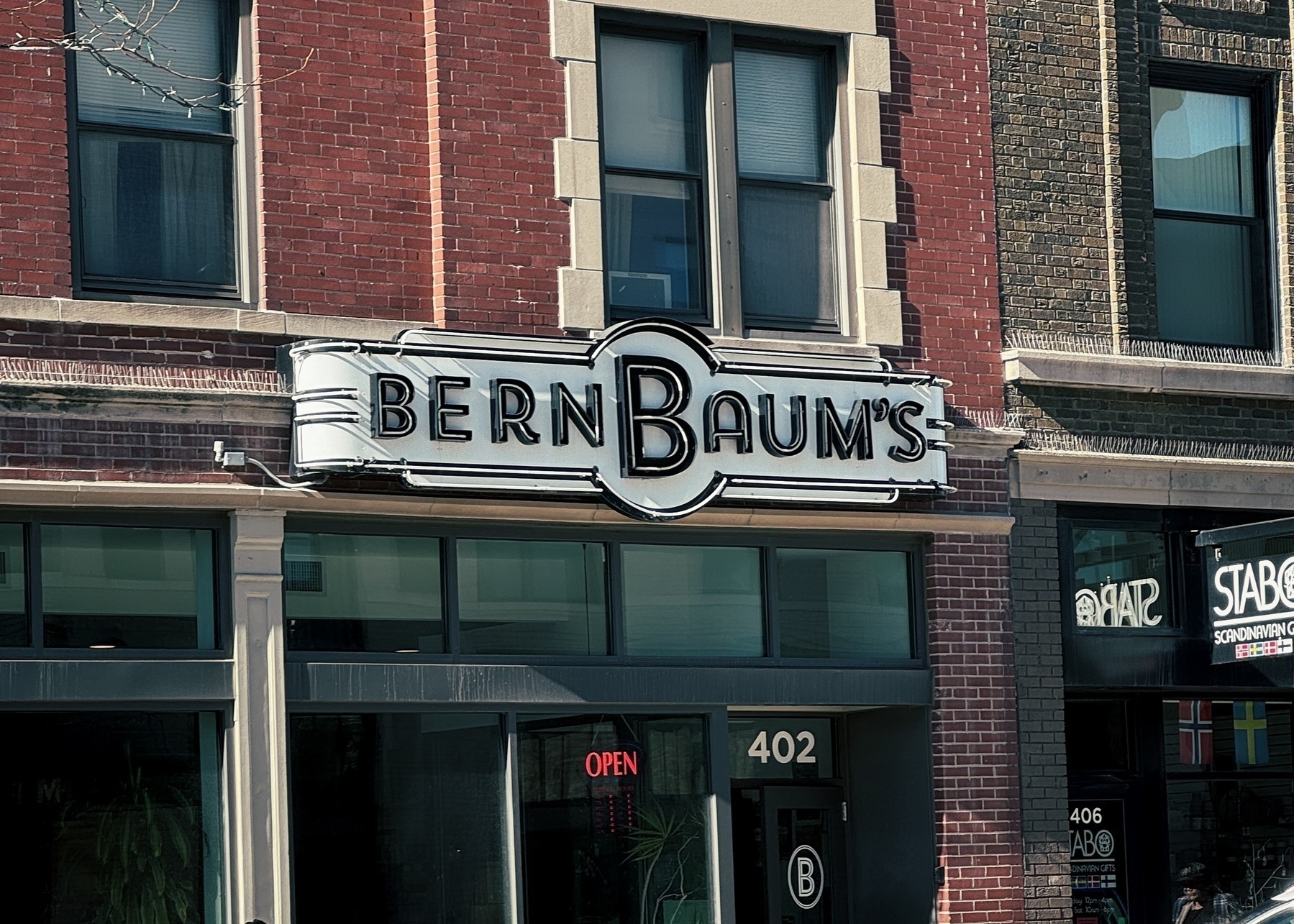 The Bernbaum's Signage
The Bernbaum's Signage
This is also a driving city, no doubt, so it’s not really walkable except for the downtown area — the neighborhoods are connected by massive suburban-sized avenues buttressed by sparse strip malls that seem unwelcoming to walkability. And sure, I marked a smattering of spots to check out beyond this main drag (really wished we would have tried Sickies Garage), but I don’t know — we didn’t feel the pull of adventure here. There wasn’t enough city-cohesion. And we usually venture out in these places...
Anyway, there were several things we did enjoy, and more featured in my Fargo travel guide map here:
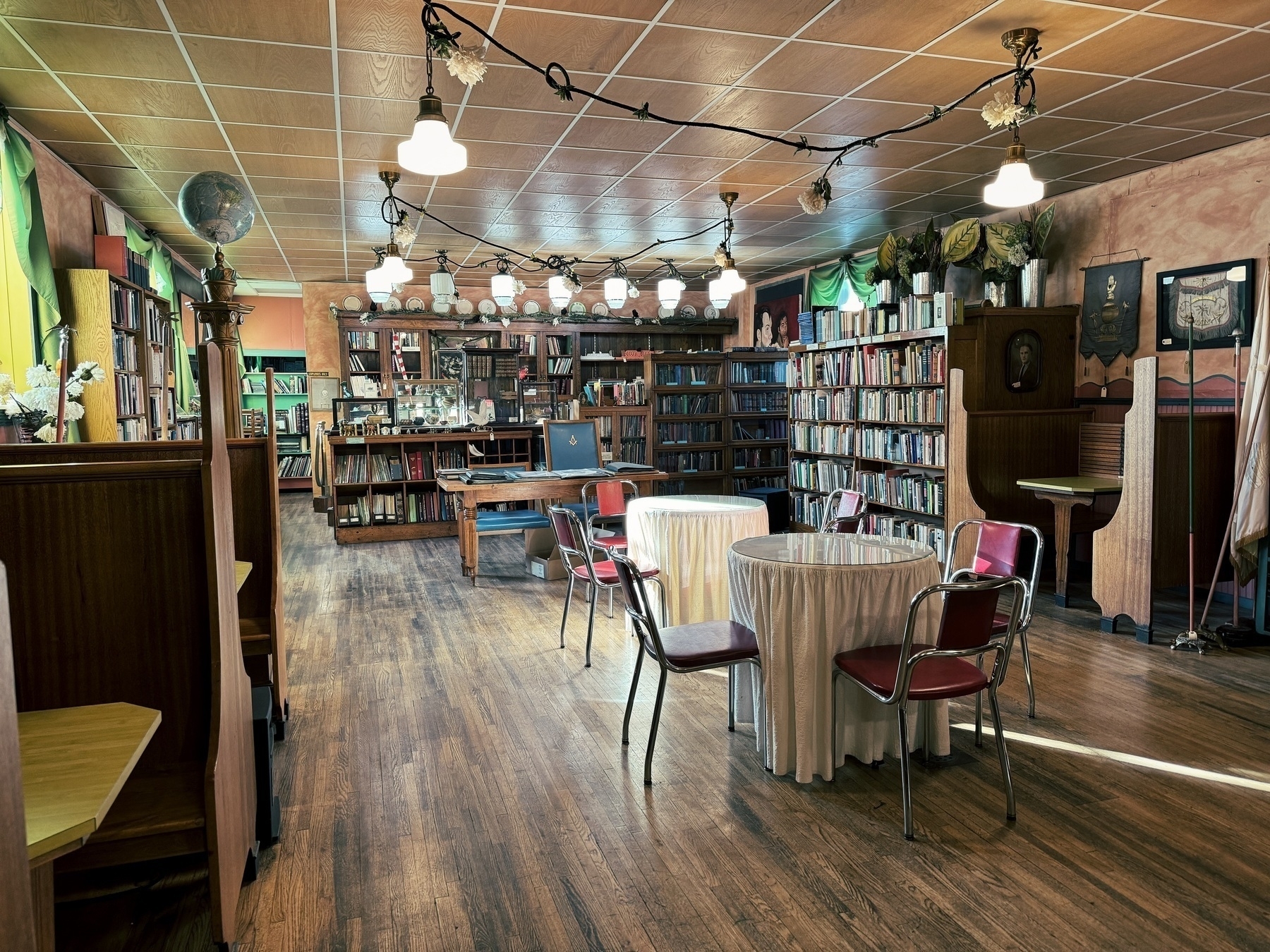 Inside Zandbroz Variety bookstore
Inside Zandbroz Variety bookstore
In summary, the trip was oddly worth it, but I can’t say it’s a destination unless you’re compelled to check it out for reasons unbeknownst to me (you’re a Fargo film enthusiast?). It’s not a bad weekend jaunt if you like in the Twin Cities, either, since this is only a 3.5 hour trip. It's magical in an overcast kind of way.
Otherwise, if you’re cruising through the plains, definitely take highway 90 through South Dakota instead and head to the Badlands and the Black Hills.
Finally posted a proper blogroll on my site. Saw some others rebooting this idea and had to fall in line — it’s such an important, dare I say ‘relic’ of the web of yore, that we should be bringing it back to all our blogs, especially as algorithms and social platforms override the indie web.
True Detective: Night Country was a succinct masterclass in whodunit that delivered a rewarding cohesiveness to all character arcs. It’s too bad it was only six episodes — it was drenched in a blustery winter vibe that was enjoyable to visit — but it was also the perfect length.
Not sure if this actually counts as urban sketching or simply watercoloring, but I made an attempt at capturing the vibe of a truly escapist pull-tab we ripped through a few weeks ago (Bank Roll). And yeah… that $50 win simply subsidized the investment it took to get to it.
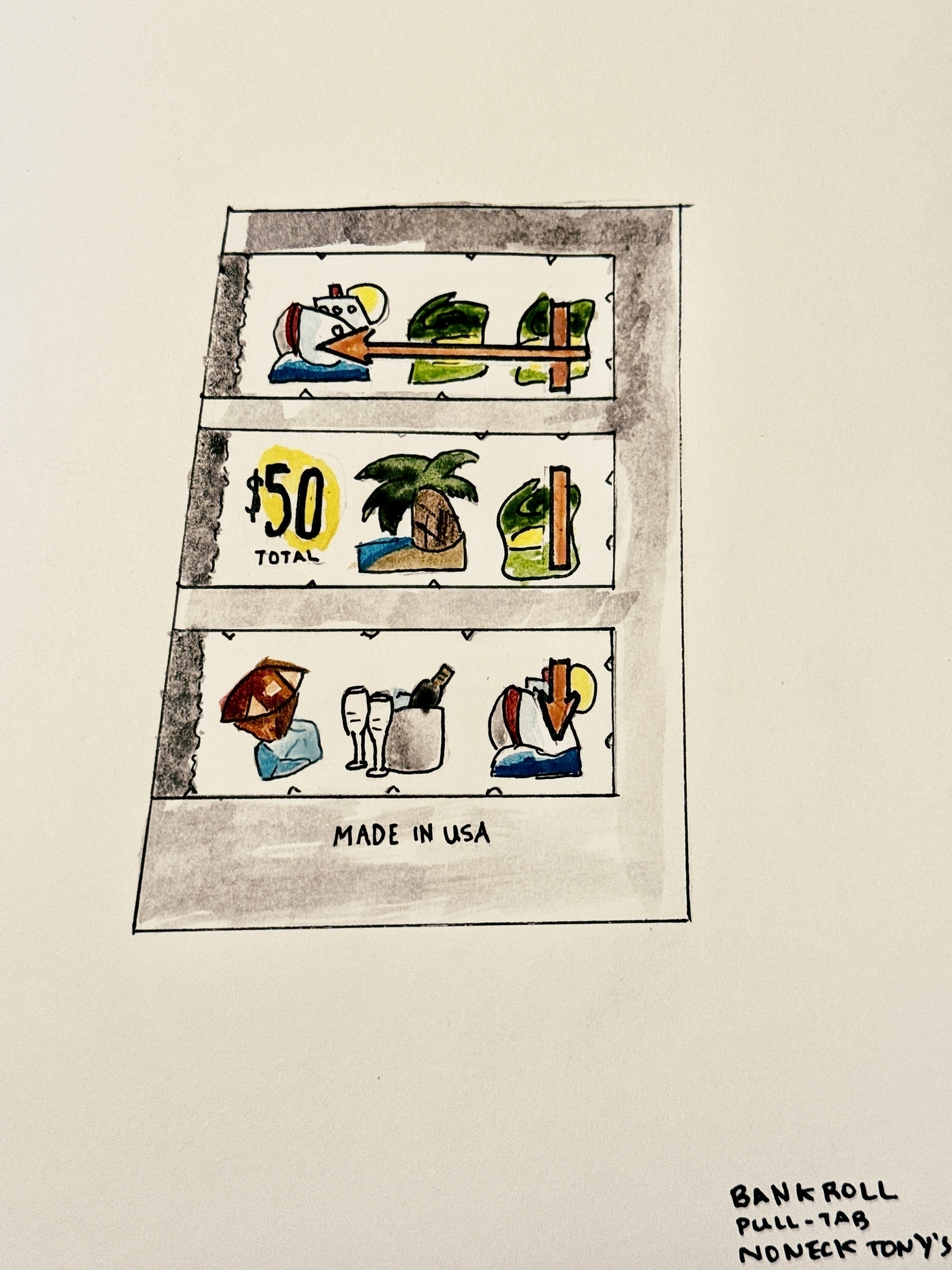
The Simplebits team rolled out a whimsically experimental club today called Simple Type Club. It comes with all their fonts plus whatever they release in 2024, secret meetings, and some merch. Love what they’re doing. For context, my blog proudly licenses their Free Lunch font. Worth checking out.
Joan Westenberg wrote an impeccably-tuned condemnation of the injustices of societal engineering inflicted by elites via technological chasms across society. The entire essay is quotable, but here’s the gist of her observations on a roaring discontent across the globe:
That damage is the result of the elite in every sector, in every corner of society who have been content to grind down the general populace for their own selfish — and intractably large — gains. For too long, technology has sat alongside other mechanisms and failures of power, from financial instruments, political lobbying and careerism to wealth hoarding and environmental betrayal. These elements are always interconnected. And it has created a growing chasm between the elite and the general populace.
This clear and pronounced economic divide is a testament to a systemic imbalance that has long been brewing. The ever-widening gulf between the wealthy and the struggling masses is not a matter of numbers on a balance sheet; it shows a tear in the very fabric of our societies. The concentration of wealth and opportunity in the hands of a select minority has not only deepened the chasm between the rich and the poor but has also ignited a simmering sense of injustice and resentment across the broader population.
More of this, please — using AI to literally unravel the writing from a two centuries’ old papyrus. There’s not a full translate yet, but thus far it remarks about “music, food, pleasure. Basically, how to lead a happy life.”
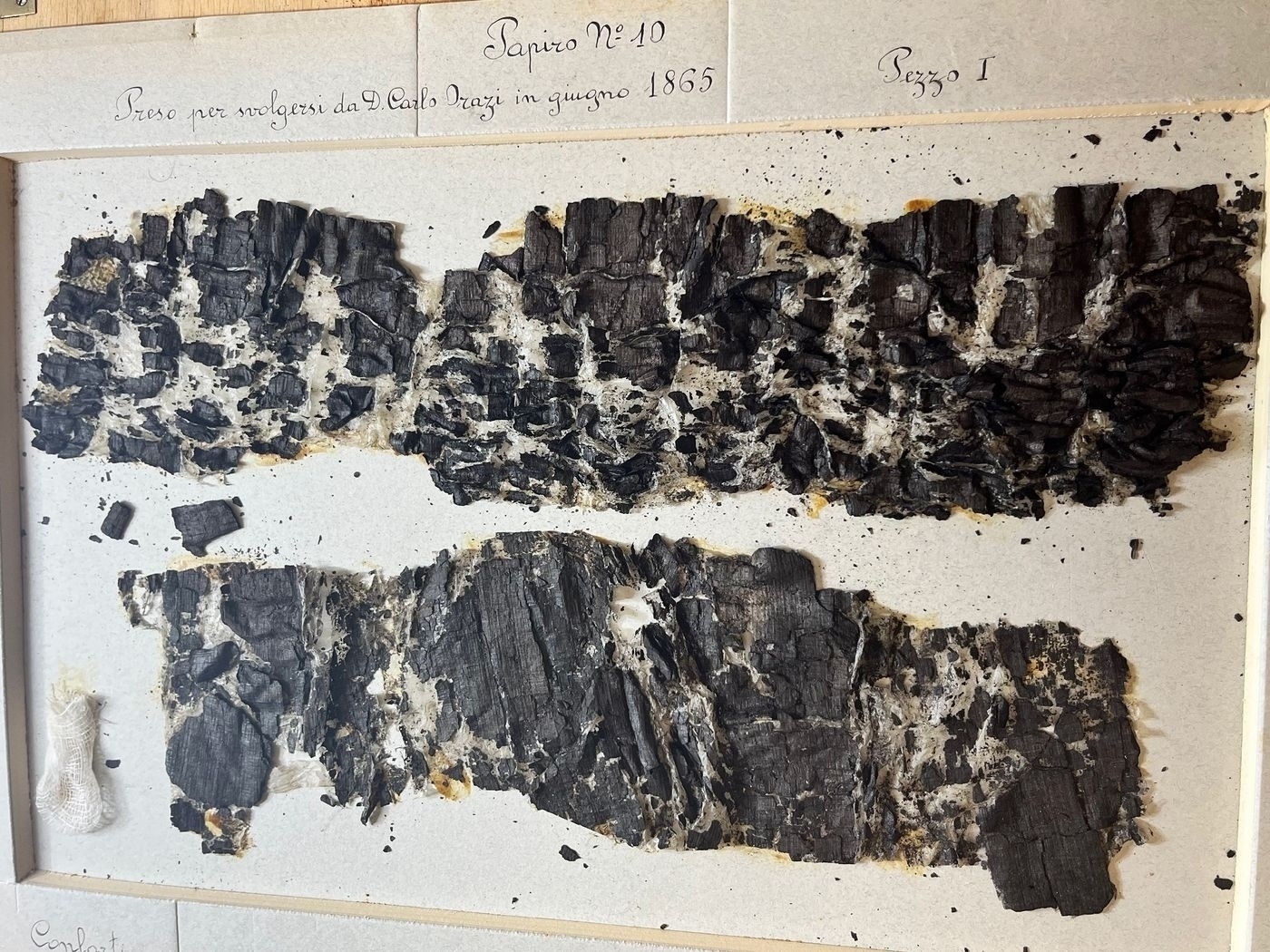
Crisp, clean, and clear product landing page for the new, standalone, pay-one-time-only Campfire by Once (aka 37signals). If anything, they’re very good at getting the point across, albeit in their cheekily pontifical way.

End of an era… Google drops cached pages from its results pages. Their ‘rationale’ is weak:
But it was meant for helping people access pages when way back, you often couldn’t depend on a page loading. These days, things have greatly improved. So, it was decided to retire it.
Sites can still be brutally slow, so…